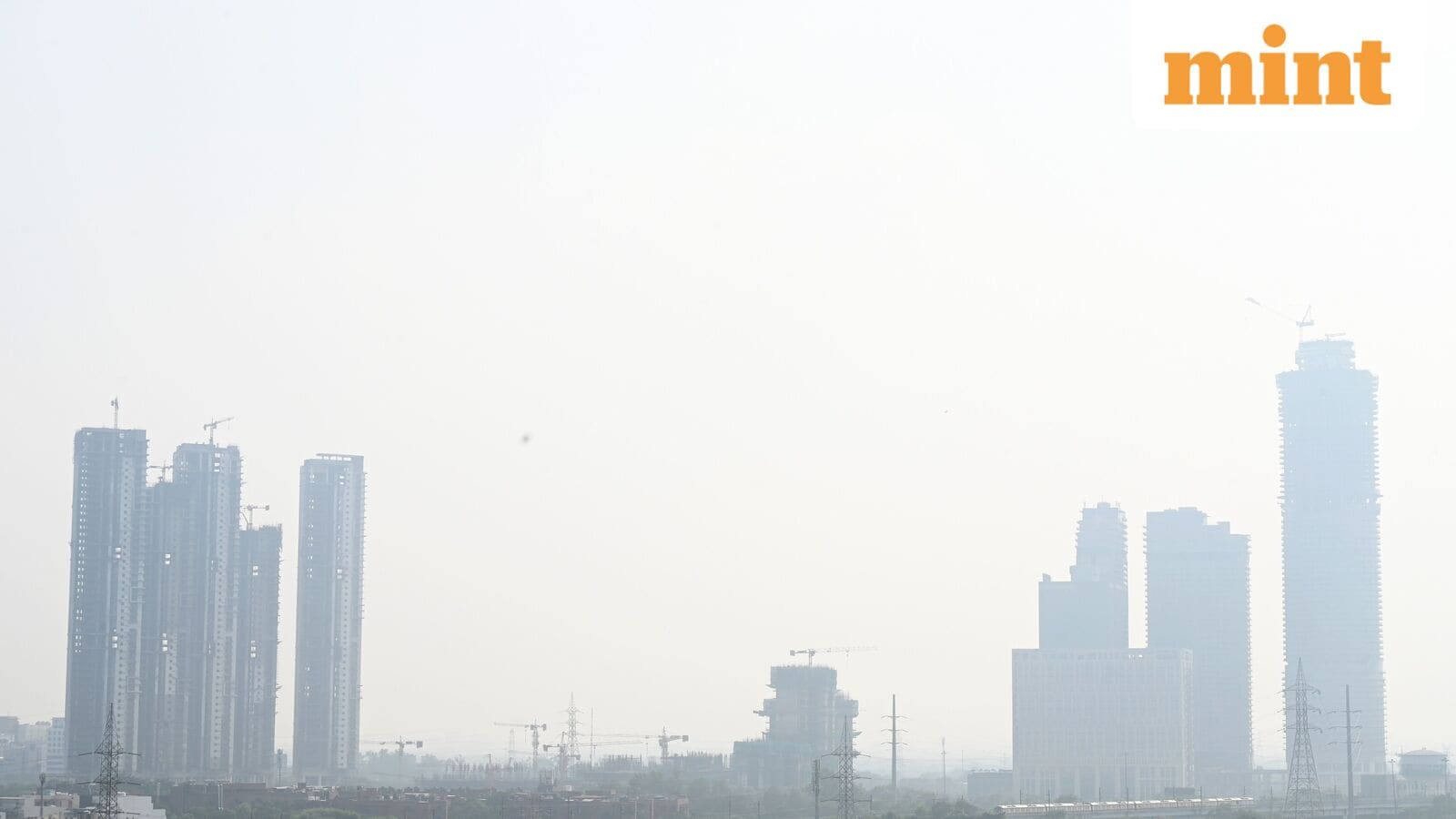Delhi’s Air Quality forecasts 80% accurate in winter, says CEEW study
Posted on: Oct 09, 2025 13:17 IST | Posted by: Livemint
new delhi could calculate its ‘ real poor and to a higher place’ transmit pollution days with over 80 per cent accuracy in winter months (October-February) in 2023-24 and 2024-25, according to a new independent study released by the Council on Energy, Environment and Water (CEEW).
The CEEW study, released on 8 October, finds that the city’s Air Quality Early Warning System (AQEWS) could predict 83 out of 92 ‘very poor and above’ episodes (AQI >300) in winter 2023-24 and 54 out of 58 such episodes in 2024-25. Accurate forecasts empower policymakers, authorities, and citizens to act early—on actions such as transport and construction restrictions, and school activities—and safeguard public health.
The CEEW study, ‘How Well Can Delhi Predict Air Quality? Insights for India’s Decision Support Systems’ further finds that the system’s ability to predict the most severe days (AQI >400) improved nearly five-fold in 2024–25, from only 1 of 15 days in 2023–24 to 5 of 14 days.
“India has made important strides under the National Clean Air Programme, with better monitoring networks and early warning systems now operational in several Indian cities. Forecasts and attribution science mean little unless they trigger timely, sector-proportionate action. The high accuracy of Delhi’s early warning systems is a positive sign,” said Mohammad Rafiuddin, Programme Lead, CEEW, a climate think tank based in New Delhi.
Updated emission inventories can further improve accuracy, Rafiuddin. “It would enable us to have a better understanding of what pollutes Delhi’s air and in what quantities. India must scale up these systems with science, funding, and transparency. Doing so will not only strengthen public trust but also ensure that Delhi’s Mitigation Plan 2025 is backed by the best available evidence,” he said.
Eight Indian cities, including Ahmedabad, Pune, and Jaipur, already run an Air Quality Early Warning System (AQEWS), with several more set to be established under the National Clean Air Programme (NCAP) in the coming years. In 2018, following severe smog and dust storms in Delhi, the Ministry of Earth Sciences (MoES) launched the AQEWS, a joint initiative by IITM and IMD, to provide forecasts three to ten days in advance.
Following this, IITM and IMD introduced a Decision Support System (DSS) in 2021 to attribute sectoral and regional pollution sources to the predicted pollution levels.
The CEEW study found that these tools already meet many benchmarks of an effective Air Quality Decision Support System by integrating diverse datasets and presenting them in accessible formats.
However, Delhi’s DSS currently operates only in winter, limiting its usefulness for tracking pollution sources throughout the year. To be fully effective, it should run year-round and incorporate modelling scenarios, such as the impact of restricting certain vehicle types or the potential air quality improvements from enhanced public transportation.
The CEEW study recommends a systemic upgrade of Delhi’s forecasting tools and a roadmap for national replication. India must develop a national emission inventory updated every 2–3 years. Public access to data would build citizen trust and enable researchers to carry out independent assessments.
With targeted investment in high-resolution modelling and computing, Delhi’s AQEWS and DSS could shift from predicting poor air quality to actively preventing it, CEEW said.
Global News Perspectives
In today's interconnected world, staying informed about global events is more important than ever. ZisNews provides news coverage from multiple countries, allowing you to compare how different regions report on the same stories. This unique approach helps you gain a broader and more balanced understanding of international affairs. Whether it's politics, business, technology, or cultural trends, ZisNews ensures that you get a well-rounded perspective rather than a one-sided view. Expand your knowledge and see how global narratives unfold from different angles.
Customizable News Feed
At ZisNews, we understand that not every news story interests everyone. That's why we offer a customizable news feed, allowing you to control what you see. By adding keywords, you can filter out unwanted news, blocking articles that contain specific words in their titles or descriptions. This feature enables you to create a personalized experience where you only receive content that aligns with your interests. Register today to take full advantage of this functionality and enjoy a distraction-free news feed.
Like or Comment on News
Stay engaged with the news by interacting with stories that matter to you. Like or dislike articles based on your opinion, and share your thoughts in the comments section. Join discussions, see what others are saying, and be a part of an informed community that values meaningful conversations.
Download the Android App
For a seamless news experience, download the ZisNews Android app. Get instant notifications based on your selected categories and stay updated on breaking news. The app also allows you to block unwanted news, ensuring that you only receive content that aligns with your preferences. Stay connected anytime, anywhere.
Diverse News Categories
With ZisNews, you can explore a wide range of topics, ensuring that you never miss important developments. From Technology and Science to Sports, Politics, and Entertainment, we bring you the latest updates from the world's most trusted sources. Whether you are interested in groundbreaking scientific discoveries, tech innovations, or major sports events, our platform keeps you updated in real-time. Our carefully curated news selection helps you stay ahead, providing accurate and relevant stories tailored to diverse interests.


No comments yet.